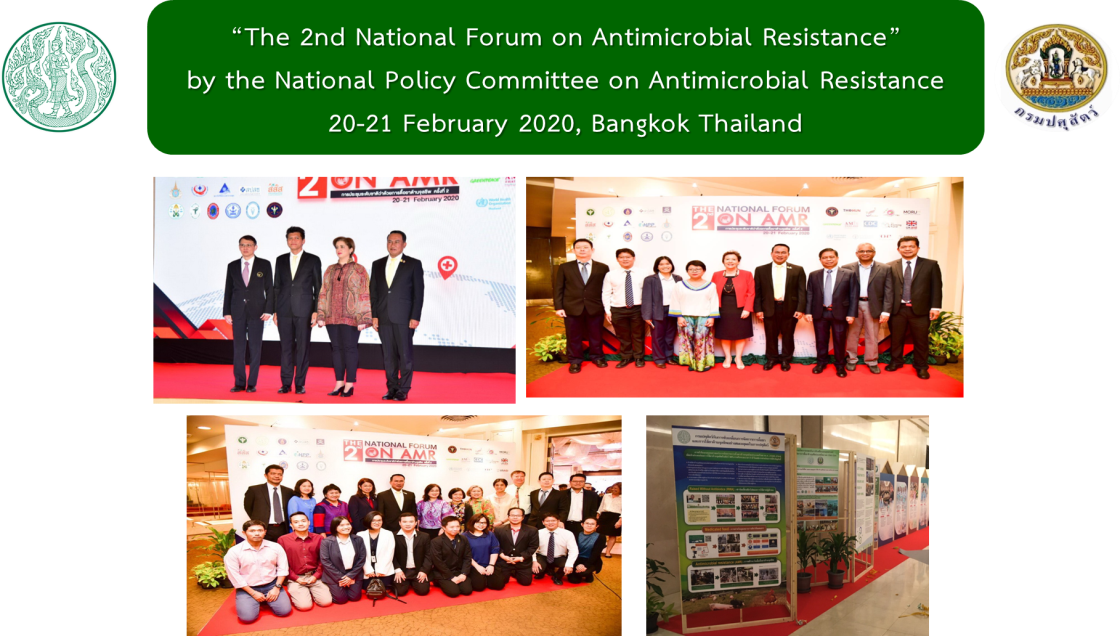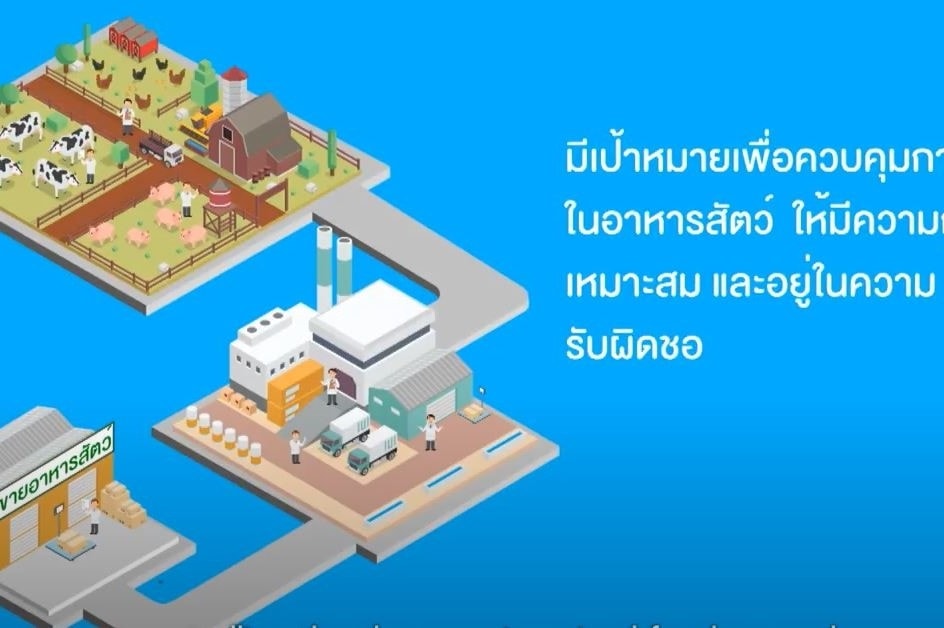
Thailand’s National Strategic Plan on Antimicrobial Resistance (AMR) aims to reduce antimicrobial use (AMU) in animals by 30% over the course of five years (2017-2021). The Department of Livestock Development (DLD) works within the National Policy Committee on AMR (NPC-AMR) and cooperates with many stakeholders to implement the plan using good governance. In the first year, AMU in animals was reduced by 6.4%.
Thailand’s National Strategic Plan on Antimicrobial Resistance 2017-2021 was developed to address the global issue of AMR. The plan is being implemented using a One Health approach, with the NPC-AMR acting as a national governance mechanism to provide a high-impact policy outcome. Under this committee, national governance mechanisms were established, and multi-sectoral collaboration strengthened.
The Director General (DG) of the Department of Livestock Development (DLD), Dr Sorravis Thaneto, is the OIE Delegate for Thailand. He is co-secretary for the National Strategic Plan (NSP) and has been assigned to the NPC-AMR.
Goals set to be achieved by the year 2021 include a 30% reduction in antimicrobial use in animals. DLD has cooperated to drive the NSP in the veterinary sector. This involves many stakeholders: international organisations, veterinary schools, governments, the Veterinary Council of Thailand, the private sector (i.e. companies and producers), and other associations and non-government organisations.
The DLD is the focal point for “AMR prevention and antimicrobial stewardship in agriculture and animals” within the NSP. The sub-committee for this strategy focuses on appropriate antimicrobial use with various activities such as:
Outputs from Thailand’s efforts on AMR include:
Report prepared by Dr Sasi Jaroenpoj and Dr Julaporn Srinha, DLD, Thailand

